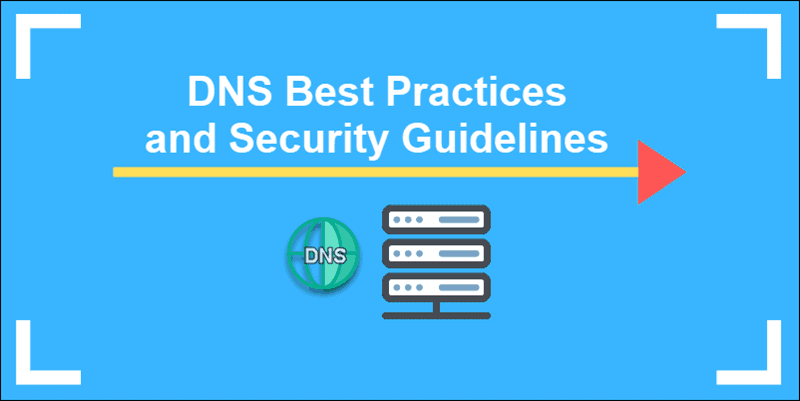In the current digital climate, it’s imperative that we secure our online systems. Using DNS operation in confluence with a Secure Internet Gateway (SIG) is one practical action to boost security.
A Secure Internet Gateway (SIG) is one type of network security that protects businesses from colorful pitfalls and provides Secure Internet Access. As a firewall between the internal network and the Internet, it filters and assays network businesses by removing similar issues. The SIG strengthens an association’s security posture by furnishing centralized, visionary defense against colorful internet- grounded pitfalls.
Table of Contents
ToggleApplying DNS Control for Security
Domain names are converted into IP addresses via the DNS (Domain Name System). Organizations may monitor and control their DNS infrastructure with the help of DNS management, which is essential for overall security. DNS filtering is one of the key advantages of DNS control. It enables businesses to stop people from visiting websites that could be hosting malware, phishing scams, or other harmful information.
Advantages of DNS Control and Security Internet Gateway
DNS control and Secure Internet Gateway (SIG) provide a number of advantages.
Protection against Various Threats
SIG and DNS control provides robust security measures against ransomware, phishing, malware, and other malicious activities. Acting as barriers, they filter and analyze network data to find and obstruct potential threats.
Easy Management
Businesses may utilize SIG and DNS control to oversee security from a single area. They have the capacity to screen arrange activity, implement security arrangements, and convey reliable security measures through the arrange. Security organization is streamlined and a steady level of security is given.
Real-Time Cautions
These risk insights help companies to stay updated with the dangers and shortcomings. Businesses can manage threats effectively and respond within time.
Forward Control
SIG and DNS control have a strong command over malicious activities and other aspects: It recognizes threats and takes rapid action. These tools render granular control over web-based activity, managing the system with proper standards and protocols.
Improvements to DNS Safety

DNS ensures defense against DNS-based threats like cache poisoning and spoofing. Organizations prevent admission to noxious websites to assure the legitimacy of DNS through DNSSEC and DNS filtering.
Best Practices for Enforcing Secure Net Gateway and DNS Control
Comprehensive Evaluation
Start through evaluating your community infrastructure and locating organizationally precise vulnerabilities. This will assist you in figuring out your protection requirements and creating a manageable answer.
Reliable Supplier
Select a supplier with a stable security record. Seek for corporations recognized for their skills and dependability in DNS management and secure net gateway.
Dual-Factor Verification
Turn on multi-factor authentication to bolster security. In order to access systems, users must present various forms of identity.
Frequent Patching and Updates
Update your systems with the most recent security fixes and upgrades. This guarantees you have the newest security features and aids in defending against known vulnerabilities.
Frequently Asked Questions
Q.1. How can a Secured Internet Gateway help organizations guard their records from cyber threats?
Ans. Sensitive records are covered with the aid of a stable net gateway. It displays incoming and outgoing traffic and serves as a barrier between the records and the Internet. The Secured Internet Gateway enforces security guidelines and guarantees stable protection; it presents complete facts for the organization.
Q.2. How does a Secured Internet Gateway enhance protection?
Ans. By imparting content screening, a secure net gateway improves protection. It facilitates secure communique for far-off users, stops undesirable entry, and aids in the detection and blocking of harmful traffic.
Q.3. Is Security Gateway a Firewall?
Ans. The difference between a Security Internet Gateway and a Firewall is in the type: The former is a hardware while the latter is a software application. A gateway is used to link two separate networks, permitting users to interconnect across different networks. On the other hand, a firewall decides which data packets are permitted to pass to the network.
Q.4. What is a Security Gateway Server?
Ans. SWG, or Security Gateway Server, blocks of filters data, preventing leakage. In addition, SWG also entails content filtering and net-based filters.
All Internet traffic passes through the SWG. Every SWG products contains the following:
- URL filtering
- Anti-malware detection and hindering
- Application control
Want to avail the services of Secure Internet Gateway feel free to contact us




